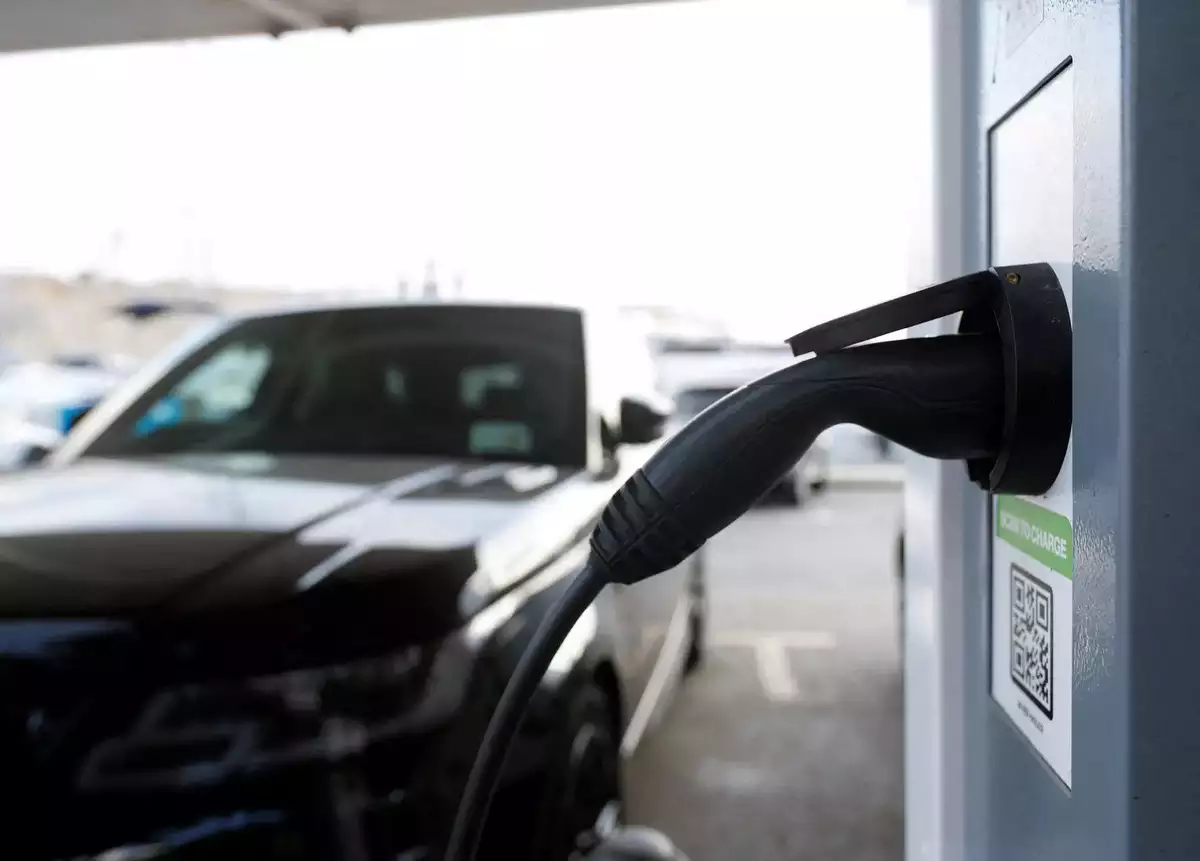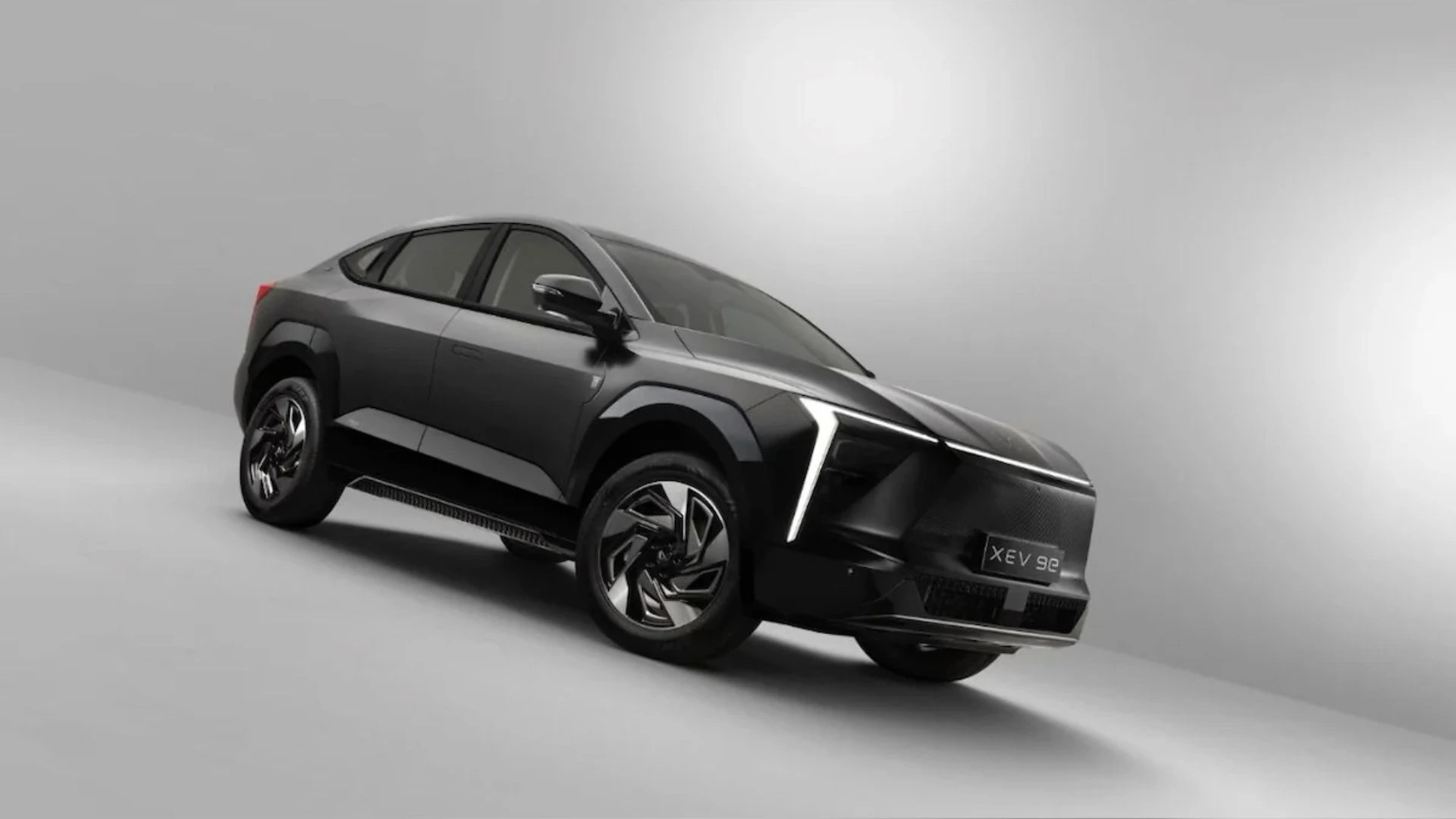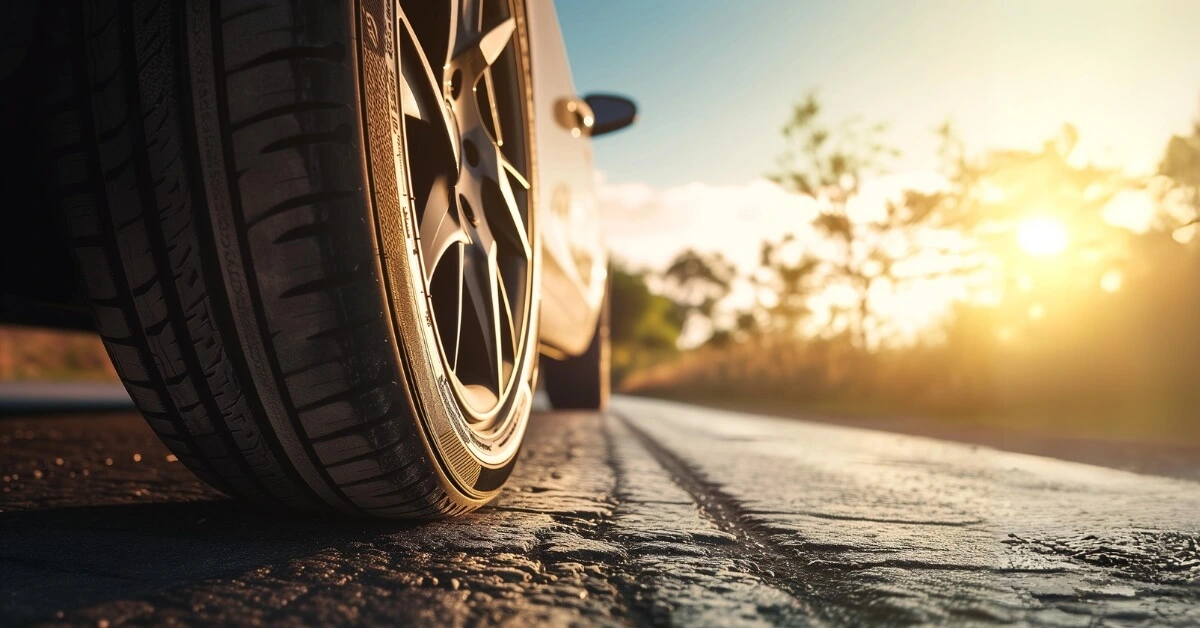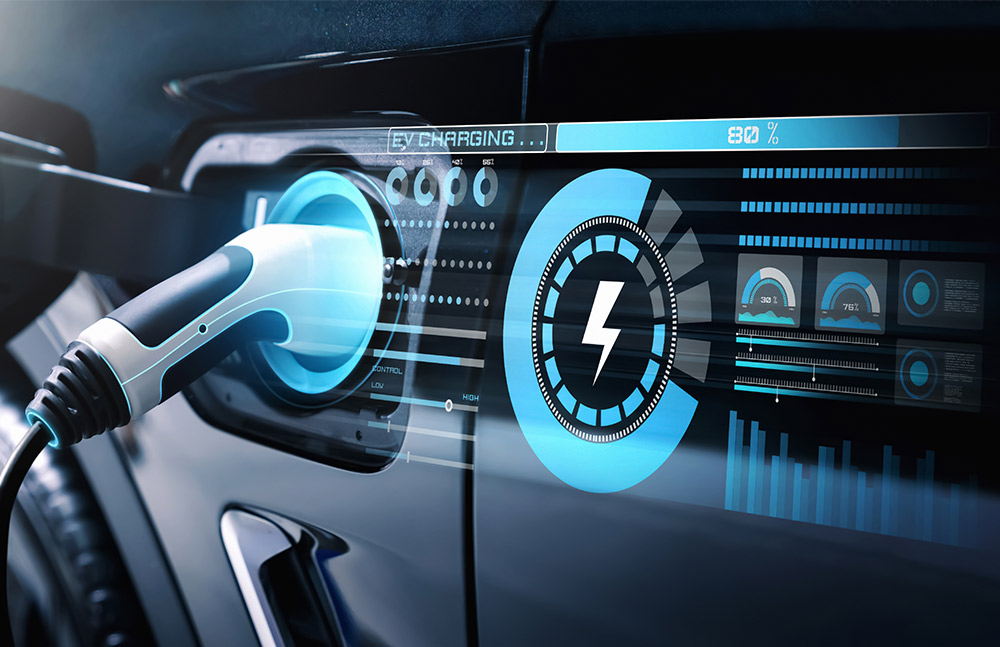
Table of Content
▼New Delhi: Bharat Charge Alliance (BCA), an initiative by leading EV charging infrastructure companies, plans to set up a standardized, accessible and reliable charging infrastructure for light electric vehicles (EVs) in the country.
It seeks to promote interoperability so that EV owners can seamlessly charge their cars through a network of stations, regardless of the make or model of the car. Through this collaboration, stakeholders plan to establish more than 5,000 public charging stations across the country by the end of the next fiscal year.
BCA partners include Log9, Trinity Cleantech, Altigreen, ETO Motors, Pulse Energy, ChargeZone with mobility platform Billion Electric, EVnnovator and Tork Motors.
This collaboration is aimed at establishing an interoperable charging network that promises to transform the landscape of electric vehicles, especially for two- and three-wheelers, across the country. Adding to this momentum, Log9, a leader in advanced battery technology, and Trinity Cleantech, a leader in sustainable energy solutions, have already announced their association as members of the Bharat Charge Alliance.
Trinity, under its Thunder+ brand, will will set up 2,000 public charging stations across India by the end of the next financial year. This collaboration aims to promote Type 6 DC fast chargers (IS 17017-2-6), build an interoperable charging network based on BCA's LEV DC standard (IS 17017-25 approved) and a payment mechanism based on the Unified Power Interface. (UEI) powered Beckn Protocol which not only supports the growing demand for electric vehicles but is also aligned with India's sustainability goals, the press release said.

Recently, on the occasion of National Science Day (February 28), the Department of Science and Technology (DST), Government of India released a white paper titled “Evolution: Technology-Driven Ecosystem Catalyst for Electric Mobility: Contexts, Challenges and Imperatives”. This document also supports collaboration for interoperable charging infrastructure and mentions IS 17017-25 and adoption of the Unified User Interface (UEI).
The Type 6 connector, which can support up to 125A of continuous charging current, is also gaining popularity among e3W (L5) OEMs such as Altigreen, ETO Motors and Surja Automotive, whose vehicles have larger battery packs. In addition, this connector, which is globally approved, is now manufactured locally by leading connector manufacturers in the country, helping to reduce the cost.
ARAI, India's leading testing and certification agency, has already built the validation and testing capability for the IS 17017-2-6 connector and IS 17017-25 protocol.
Earlier, Tork Motors partnered with Log9 to enable customers of both brands to utilise their chargers and charging network, which is also based on BCA's interoperable LEV DC standard, supporting the interoperable charging framework. Additionally, Pulse Energy, a major player in smart charging solutions, has partnered with ChargeZone, a network of over 20 charging networks, to provide a unified and seamless charging experience and expand the reach and capacity of the Bharat Charge Alliance.
This collaboration underscores the alliance's commitment to making electric vehicle charging more accessible and convenient for users, thus encouraging the shift towards electric mobility. Through this collaboration, stakeholders plan to establish more than 5,000 public charging stations across the country by the end of the next fiscal year. Earlier, BCA and CHAdeMO joined hands to promote interoperable charging infrastructure for LEVs in India, a media release said.
Also Read: French shipper CMA CGM acquires 10% of Volvo-Renault electric van business
Mehul Jain
EV Specialist & Clean Mobility Advocate. Mehul Jain is an expert in India’s evolving electric vehicle ecosystem, with a focus on EVs, charging infrastructure, and sustainable mobility. His articles cover everything from government subsidies to range insights, helping readers navigate the shift to cleaner transportation.
_1772690438.webp)

_1770886465.webp)
_1716799620.webp)

